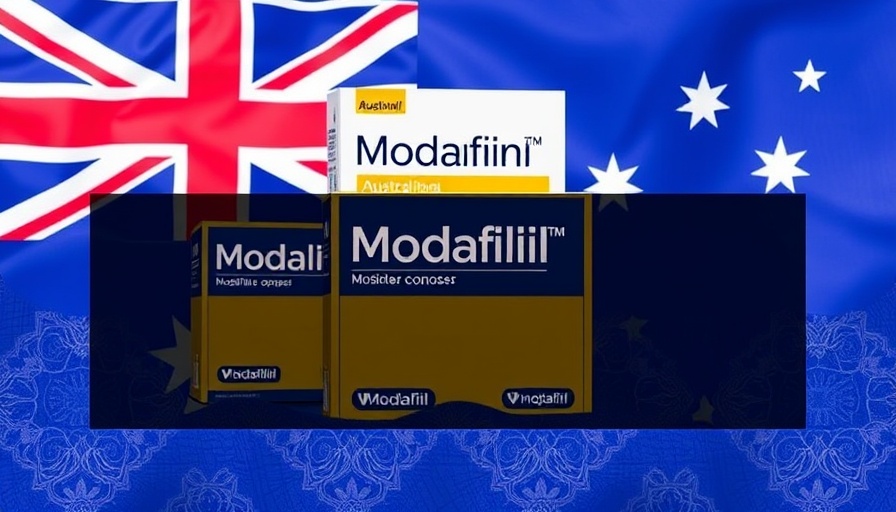
The Transformative Power of Mirror Mind Meditation
In today’s fast-paced world, finding moments of stillness can be a challenge, especially for parents managing multiple responsibilities. However, adopting practices such as mirror mind meditation can lead to remarkable benefits, not just for personal development but also in creating a more mindful family environment.
What is Mirror Mind Meditation?
Originating from the notion of developing competency in both witnessing and non-dual meditation, mirror mind meditation serves as a gateway to profound self-awareness. Unlike conventional meditation techniques, which may focus solely on clearing the mind, this innovative method emphasizes the presence of two states of consciousness—recognizing and dropping into them. It’s about meeting oneself right where they are, making it accessible for both beginners and advanced meditators.
The Technique Unveiled: A Step-by-Step Guide
To begin, find a comfortable seated position and center your awareness in the present. Engage your senses to notice sounds, bodily sensations, and even thoughts. As this exploration unfolds, shift your focus on the part of you that is observing. This is the essence of the witnessing state.
Next, visualize your observer as a mirror located in your heart space. This mirror does not interpret or label any experience; it simply reflects them back, much like a disco ball illuminating various facets of your inner world. By merging into this mirror state, you allow everything to arise and pass without resistance.
After spending time in this reflective space, a deeper stage of meditation emerges: the non-dual state. Here, the separation between observer and observed dissolves, allowing you to experience unity within the myriad states of consciousness that arise.
Why Parents Should Embrace This Practice
The benefits of mirror mind meditation extend beyond personal enrichment. For parents, integrating mindfulness into their routines strengthens emotional resilience and enhances relational dynamics with children. The grounding presence experienced during these meditative states fosters peacefulness, making it easier to approach parenting challenges calmly.
Furthermore, when parents practice self-awareness through meditation, they model these valuable skills to their children. This modeling can profoundly impact the emotional and social development of young ones. In association with mindfulness-based therapies, mirror mind meditation can also be an excellent addition to addressing dual diagnoses or co-occurring disorders, providing a holistic approach to mental wellness.
Incorporating Meditation into Family Life
Adopting meditation into a busy parenting schedule can be simple and concise. Consider dedicating specific times of the day—perhaps after school or before bedtime—to engage in a collective meditation practice with your children. Opening up dialogues about their thoughts and feelings during these sessions can significantly nurture emotional intelligence in young minds.
Moreover, families can explore guided group therapy sessions that utilize mindfulness techniques to support recovery from trauma or substance abuse. Programs designed for parents with young adults battling addiction often incorporate techniques like mirror mind meditation, which support emotional regulation and reflect the value of mindfulness during recovery stages.
Further Resources and Action Steps
For parents interested in pursuing this journey further, consider enrolling in a local class specifically focusing on mindfulness and meditation. Many rehabilitation centers in Johannesburg and Cape Town engage family therapy approaches rooted in meditation to address the needs of all family members. In these supportive environments, parents can receive valuable insights into navigating challenges such as addiction or mental health, while also benefiting from community support.
If you are looking for practical resources to help you initiate this practice, explore online meditation platforms or local wellness centers offering mindful activities tailored to family well-being. Prioritize mental health alongside physical health by engaging with these resources to create a more open, supportive family dynamic.
Conclusion: Take the First Step Today
Mirror mind meditation presents a unique opportunity for parents to deepen their understanding of self while fostering a nurturing environment for their children. By engaging in this practice, you can cultivate awareness, empathy, and connection—all essential elements for supporting your family’s emotional health. Start today by scheduling a moment for yourself to reflect, breathe, and simply be.
 Add Row
Add Row  Add
Add 




 Add Row
Add Row  Add
Add
Write A Comment